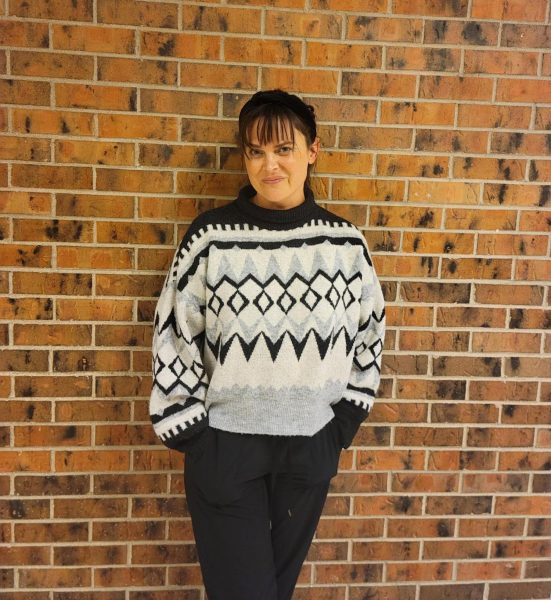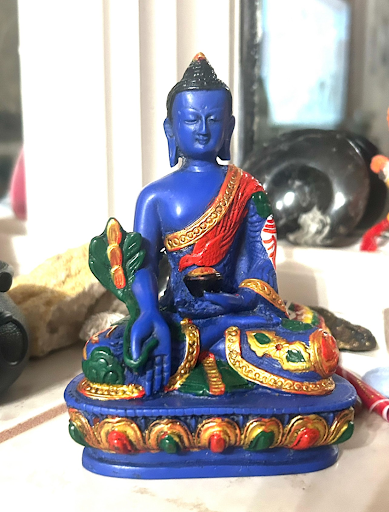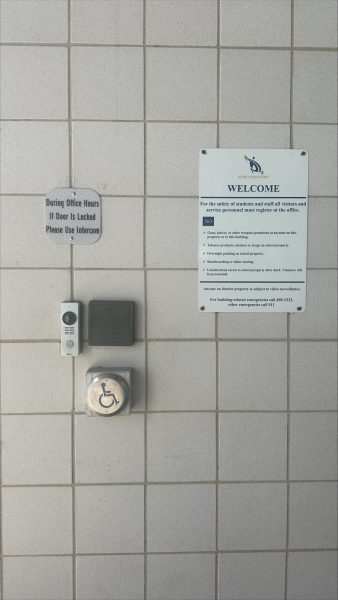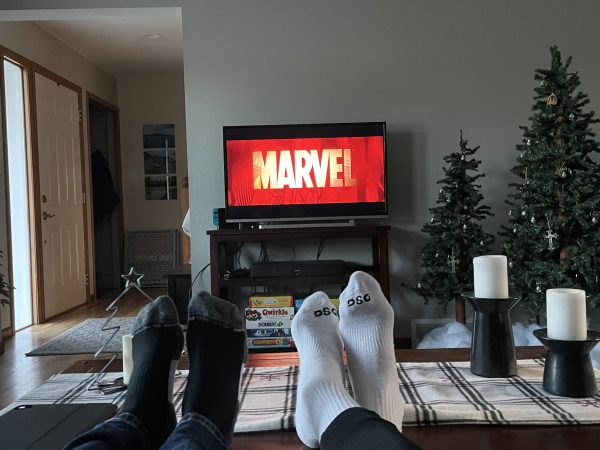Are periods too expensive?
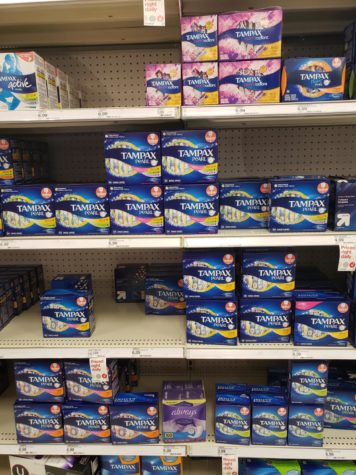
Tampons at Target that go for about $7 a box–plus tax.
Bleeding every month and spending money on your period is an every month occurrence for most women. While this is a “problem” that can’t be fixed, worrying about whether or not you can afford your period is a problem that can be fixed. Yet, affording sanitary products remains an issue for many women.
Tampons are considered a “luxury item” for women even though they are so far from a luxury. For most women tampons or other period products are a necessity and going without some kind of protection during their period is not even an option.
In the majority of states, tampons and feminine products are still taxed. A survey in 2018 by Always, found that around 1 in 5 girls have left or missed school because they did not have access to period products. Women spend an average of $1,773.33 in their lifetime just on tampons, that does not include other costs like pads, painkillers, or birth control.
Many activists for menstrual equity have been calling on Education Secretary Betsy DeVos to make school bathrooms for K-12 equipped with free menstrual hygiene products. Many schools have tampons or pads available in the health office, but some students feel awkward going in and asking and would rather ask a friend or just go home.
I think that it is very important, even necessary, for students to have these products easily accessible. People worry that if they are just available for free in the bathrooms then students will just take them. If students are taking the tampons and pads from the school, then they are clearly in need of them and should have access to them.
In addition, I believe that period products should not be taxed and should be available to those who can’t afford them. Almost every woman needs tampons, pads, or other alternatives and the fact that we spend so much money on them and that they are considered a luxury, to me, says a lot about society’s views of women. We are still fighting for equality in America and although we are a lot farther ahead than many other countries we still have a long way to go. This is a small step toward equity.
For many women, this debate is more about equity and being taxed for something that they see as necessary, more than the actual money itself. Women are the only ones who pay the taxes on these products because they are the only ones who use them, which seems really unfair.
Many people who support the tax, say that disposable period products aren’t necessary and that there are more reusable items and that women choose to use disposable tampons and pads. While this is somewhat true, many women are not educated on these options or other options might not work for them because everyone’s body and period are different.
Also, they are not technically necessary for our survival, however, imagine if every woman was bleeding on everything and didn’t have access to these products. That would be terrible for everyone, especially women. They are necessary, not for survival, but for a comfortable life.
Period products should not be taxed and should be readily available to women–particularly in schools. They are essential to women’s lives and the fact that some women can’t afford them is a problem that we need to find a solution for. All women should have access to these necessary products. I think it’s a good first step to have schools provide them for free in bathrooms.
The full story is available here: https://www.washingtonpost.com/education/2019/01/28/activists-call-education-secretary-devos-take-action-menstrual-equity-schools/?utm_term=.30d3dafa856c&wpisrc=nl_health202&wpmm=1

Karina is a senior at Rocky Mountain High School. She is on the art team for Rocky's literary arts magazine The Looking Glass and is planning on going...


